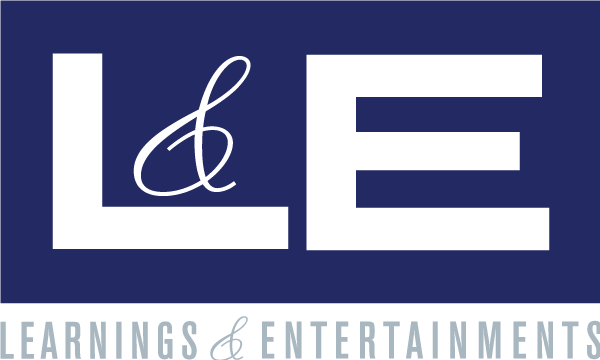The Maddening Focus on
Compliance Training Completion Rates
In this episode of Creativity & Compliance, Tom & Ronnie discuss the misguided focus that ethics and compliance programs often have with compliance training completion rates.
Most ethics and compliance programs put a huge focus on annual compliance training and place a tremendous amount of effort toward ensuring that every employee has taken that training. They track, measure and boast about 100% completion rates. This is presumably to demonstrate that employees are aware of and understand the rules. However, we all recognize that this metric has little to do with knowledge and understanding and has even less to do with influencing behaviors and mitigating risk. Showing that everyone took the training has everything to do with managing liability for the company, i.e. CYA. It’s the bare minimum. If that’s all your doing you’ve got a paper program.
Most compliance training is boring, bloated and infrequent. Employees feel like its just a waste of their time. It actually pisses them off which undermines your ability to create an environment of trust and support. It also is a huge waste of your time. Think of the hours upon hours spent trying to track down those completion rates. All those reminders threatening them to get it done “or else” further cements your reputation as the boring, annoying people who take time away from their “real jobs.”
Measurement is important. Managing liability is important. But focusing on tracking things that are ineffective is counterproductive.
We should focus our time and resources on activities that influence behaviors and mitigate risk
…and then we should track and measure those things!
Our focus should be effectiveness. It’s less important that employees know and can recite the rules. It’s more important that employees feel supported, feel empowered to speak up and trust in a sense of organizational justice. If they pass the test and understand the rules but don’t trust leadership and the E&C team, they’ll bury their problems. If they don’t know the rules but feel supported, they’ll speak up to ask questions and report concerns. Engagement and influence should be our priority.
- Communication & Awareness: Increase the frequency of communications with a focus on promoting speak up culture and the support system of people, policies and resources. If that programming is short and has some entertainment value, you can increase airtime and exposure and play these messages in higher rotation without message fatigue. Informal communications count. Track those click through rates and how many more people are now aware of your policies and resources.
- Ongoing Training & Engagement: Short, interesting microlearning, burst-learning, nudge learning is more effective that long, boring and infrequent training. Tell interesting stories, show fun videos, gamify your content. Comedy, music, games, storytelling are all helpful tools to bring these interesting important topics to life. If you’re tracking knowledge, do this separately. Disassociate your measurement with training to get a sense of knowledge. But do continue to quiz employees about speaking up and trust in the organization to do the right thing.
- Engaging & Empowering Leaders: Focus initial training efforts on leadership. It’s most important to get them on board first. Then package up short training and communications to make it simple and easy for them to engage others. If your programming is short and entertaining, you have a better chance of getting them to carry these messages forward on your behalf without an eye roll. Have them certify that they’ve done their monthly ethics minute. Let’s get ethics into the flow of business.
Ethics & Compliance’s main function is influence. So let’s stop putting all our efforts toward doing the things that are the easiest to measure and start with a focus on doing things that will help people and then measure those things
Ronnie Feldman is the President & Creative Director at Learnings & Entertainments, a learning content provider made up of comedians and entertainers with a focus on corporate risk. www.LearningsEntertainments.com
